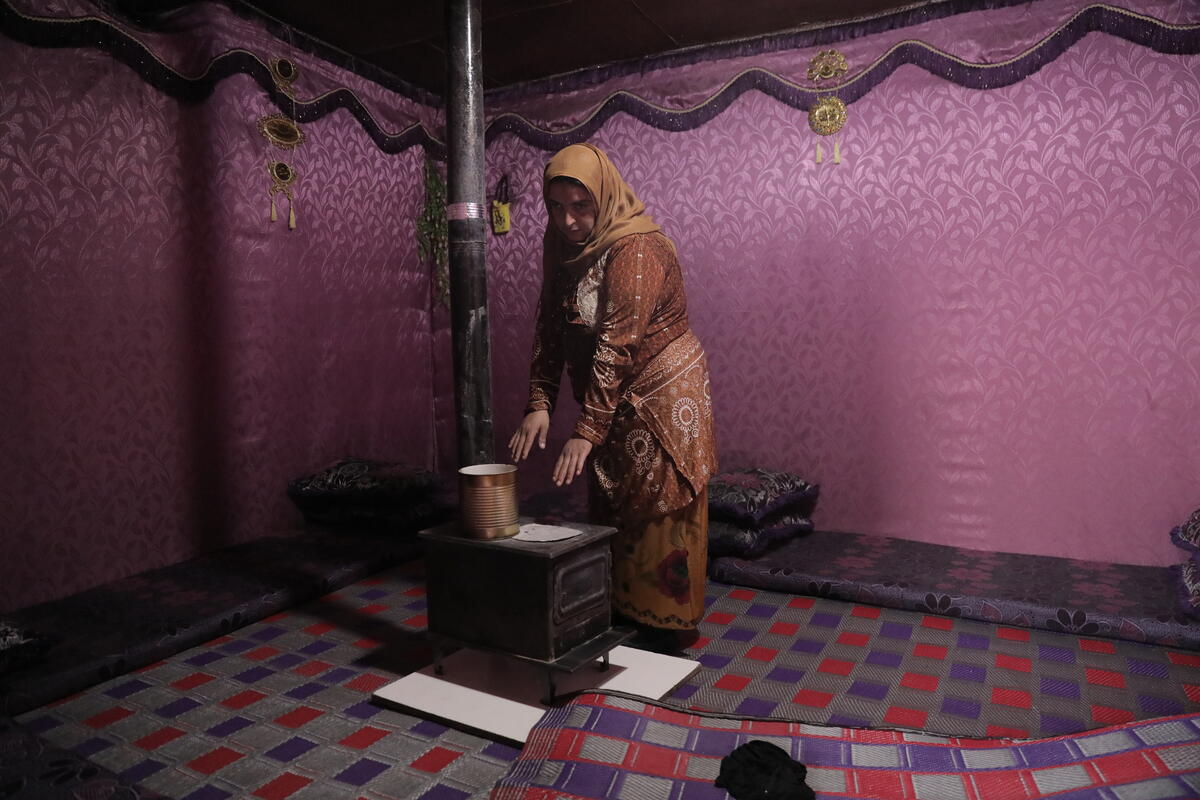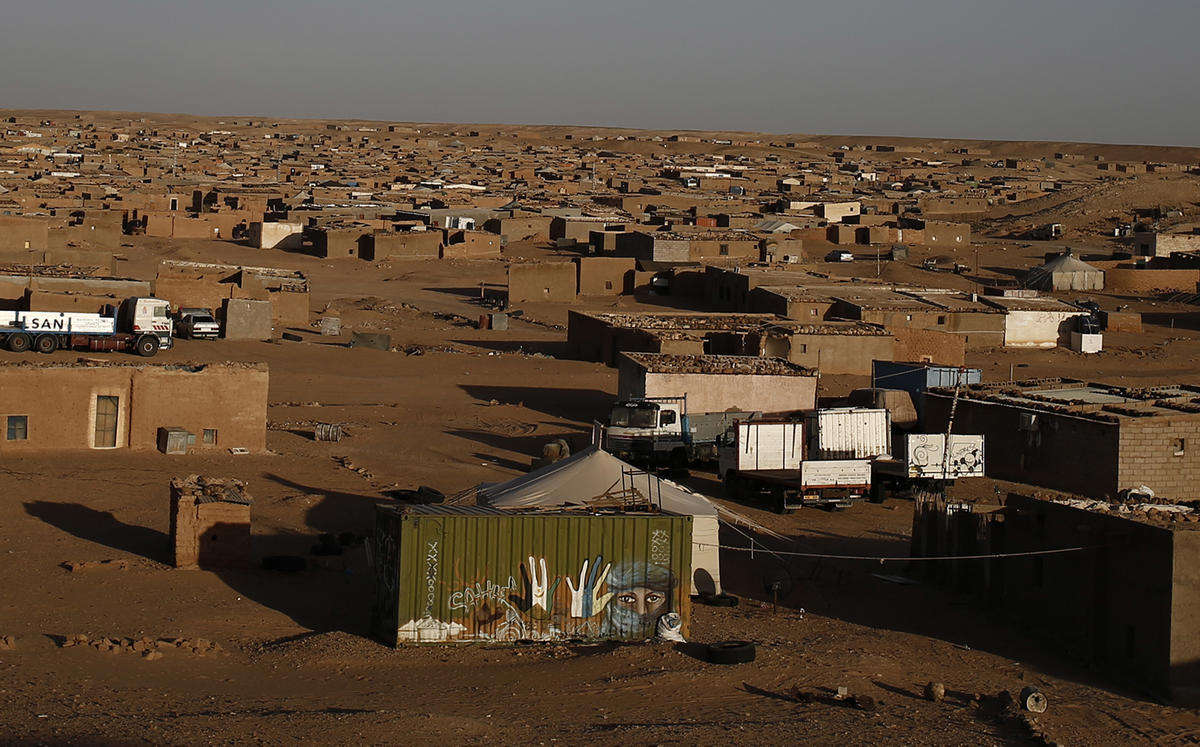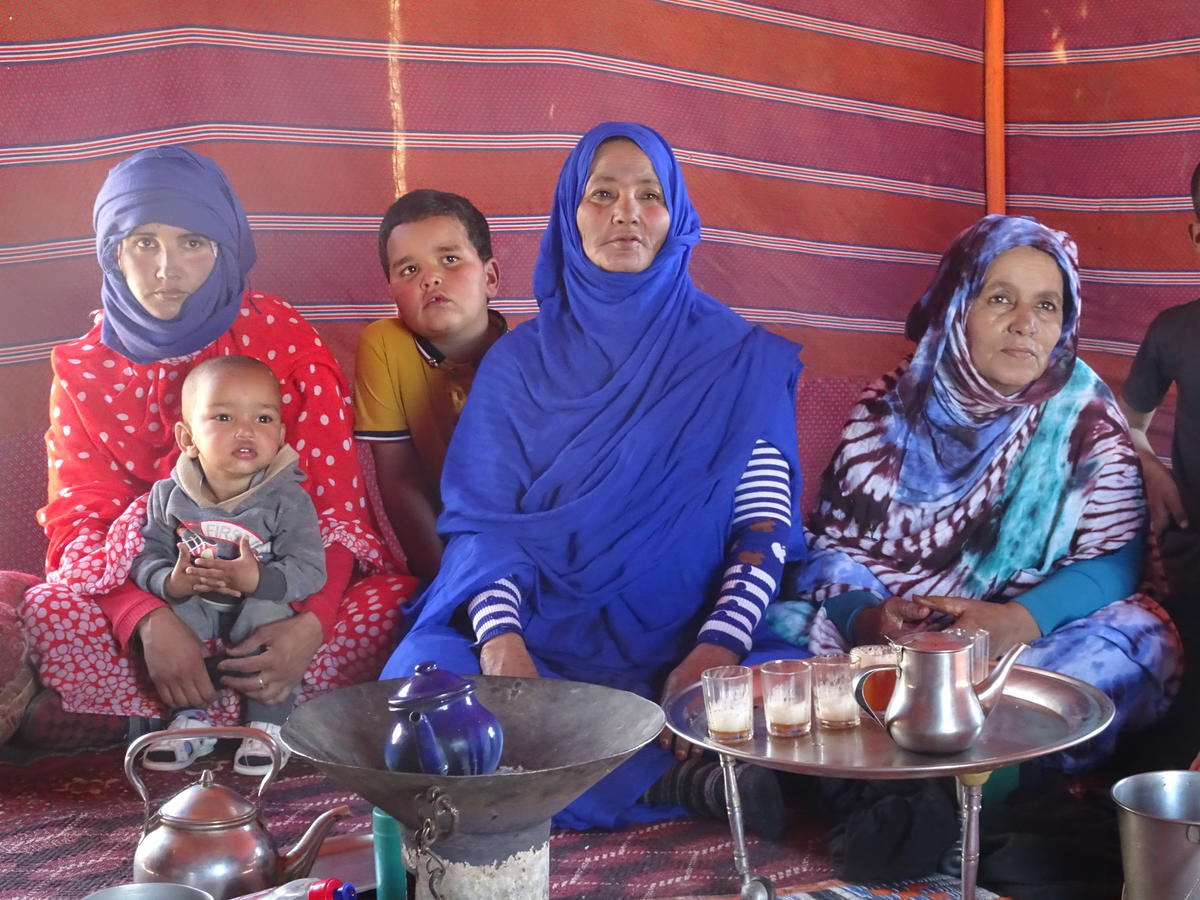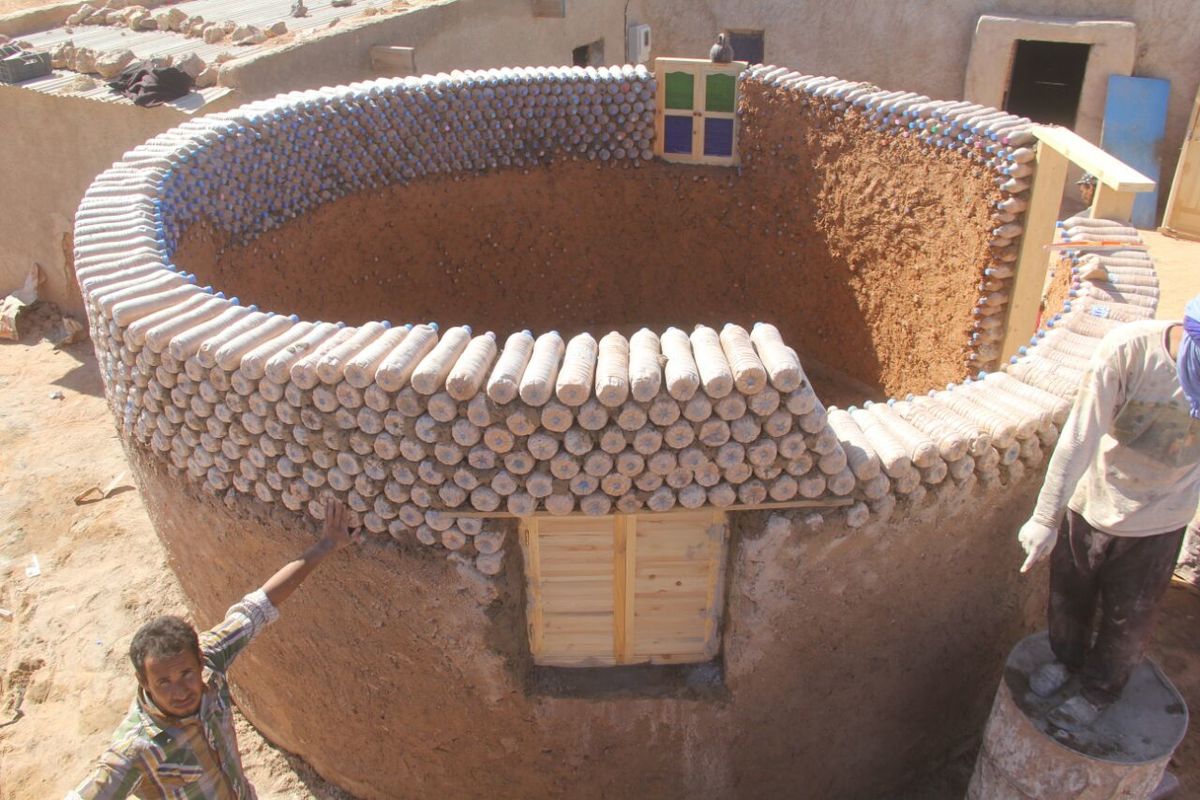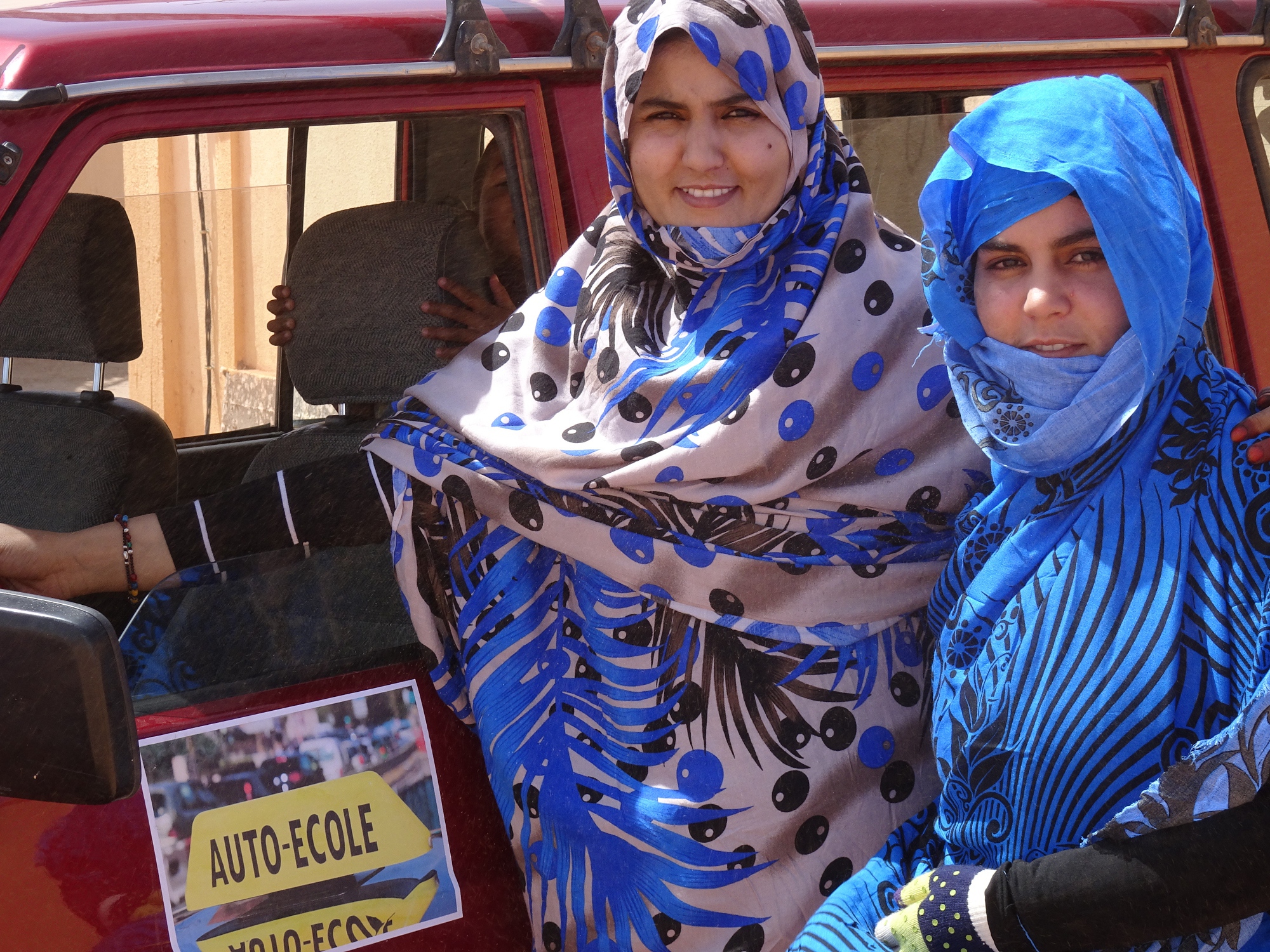UNHCR airlift to help homeless Sahrawi refugees in Algeria set to start
UNHCR airlift to help homeless Sahrawi refugees in Algeria set to start

GENEVA, Feb. 17 (UNHCR) - UNHCR's emergency airlift of relief supplies for more than 50,000 Sahrawi refugee flood victims in camps in western Algeria is scheduled to begin late Friday from Jordan. Portugal, France, Italy and the United States have offered airlift support.
"We are very grateful for this crucial support of the airlift from these countries, which will allow us to get 250 tonnes of relief items to Tindouf quickly," said UNHCR's Geneva-based regional director Ekber Menemencioglu.
More than 25 flights will be needed to airlift the supplies including more than 2,000 lightweight tents, plus tens of thousands of blankets, mattresses, plastic sheets and jerry cans.
The first plane taking part in the airlift, from Portugal, was expected to land at Jordan's Marka airport late Friday to be loaded with relief items from the UN refugee agency's regional warehouse in Jordan. The plane is then scheduled to fly to Oran, near the Algerian capital, from where the Algerian authorities will transport the emergency supplies to Tindouf.
A UNHCR emergency team - including an emergency, and water and sanitation specialists, arrived in Tindouf on Thursday to reinforce our team already on the ground. A site planner and logistics specialist are expected to arrive over the weekend. At the same time, a high-level UNHCR delegation, including the Geneva-based deputy director for the region, is visiting the three affected camps with representatives from various donors. They visited Awserd camp on Thursday and were shocked by the level of destruction. Laayoune and Smara camps were visited on Friday.
UNHCR's teams in Tindouf are working around the clock with other agencies to provide temporary solutions for the homeless refugees, flooded out of their shelters late last week by rare torrential rains.
"Many of the homeless have been housed for the time being in tents generously provided by the local authorities, or with other families in the camps or at higher elevations," said Houssam Mu'Allem UNHCR's team leader in Tindouf. "But, the remaining homes in the camps are overcrowded. It is essential that we get more tents and other items in the days to come, to assist more people. In the longer term the destroyed parts of the camps will have to be rebuilt," he added.
Fifty percent of the houses in the three of the camps - Awserd, Smara and Laayoune - were destroyed by the floodwaters, and 25 percent were very badly damaged.
"It is impossible to live in these damaged houses. There is no rain or wind at the moment, but if there were, these houses would immediately collapse," Mu'Allem said.
The camp infrastructure has also suffered enormous damage with collapsed buildings. None of the health clinics can be used, most hospitals, their pharmacies and equipment are heavily damaged, and all schools have been destroyed.
Following a specific request from the Sahrawi authorities, UNHCR is also working to transfer to a safer location 450 schoolchildren and 50 support staff from the badly damaged 9 June boarding school for refugee children situated between Rabouni and Smara camps.
"We are now working on repairing another boarding school a little further away and hope to house all children and staff there," explains Julie Gagné, UNHCR's community services officer in Tindouf. "The Sahrawi authorities have emphasised that education should continue uninterrupted where possible, and we hope to be able to facilitate that."
On Tuesday and Wednesday, UNHCR and partners undertook an emergency water purification exercise in the three affected camps to stem the outbreak of disease. Water purification liquid was provided to families and added to septic water tanks and stagnant water lying in the camps.
"An awareness campaign highlighting the importance of these purifiers is crucial right now," said Gagné. "It is essential to prevent anyone getting ill."
While the Tindouf region has experienced smaller floods, this is the worst flooding to hit the area since 1994 when heavy rains and floods forced UNHCR to transfer Awserd camp to higher ground.
The refugee camps in the Tindouf area host refugees who fled Western Sahara in 1975 during the conflict over the right to govern the Territory after Spain withdrew from the region. UNHCR is presently supporting 90,000 of the most vulnerable refugees who depend on outside assistance.



